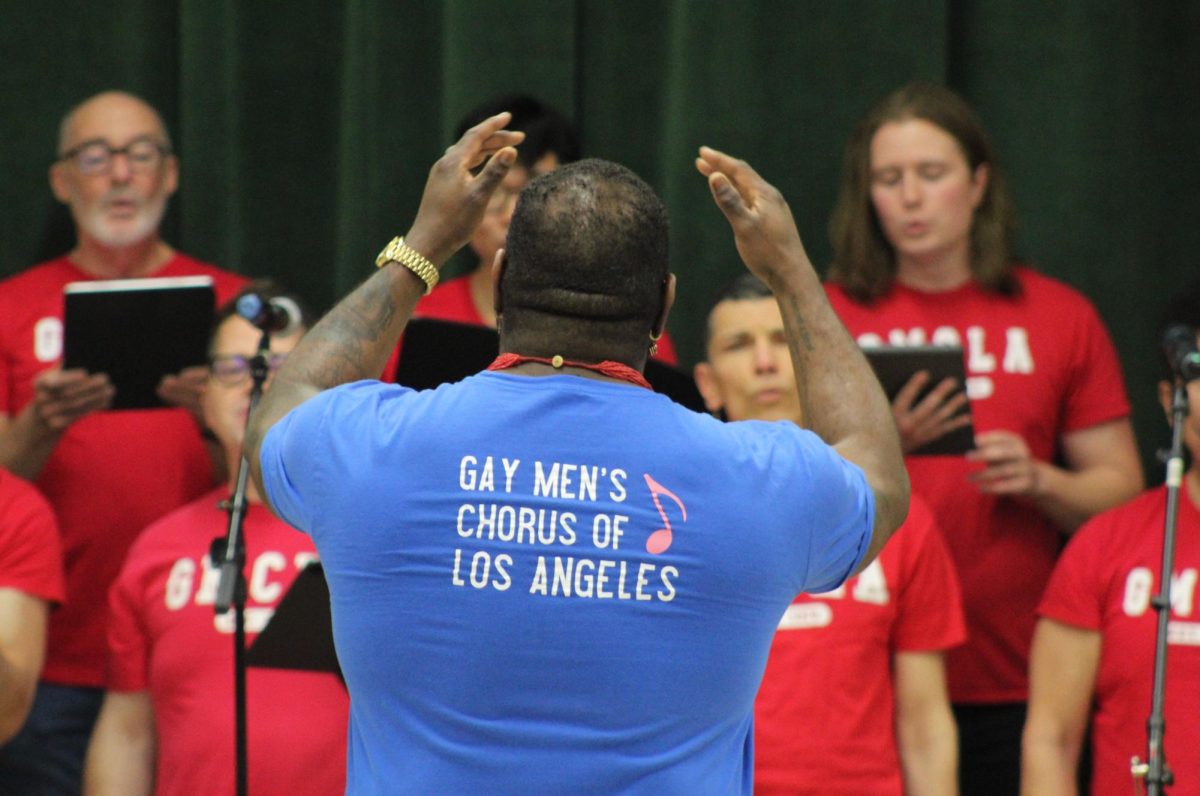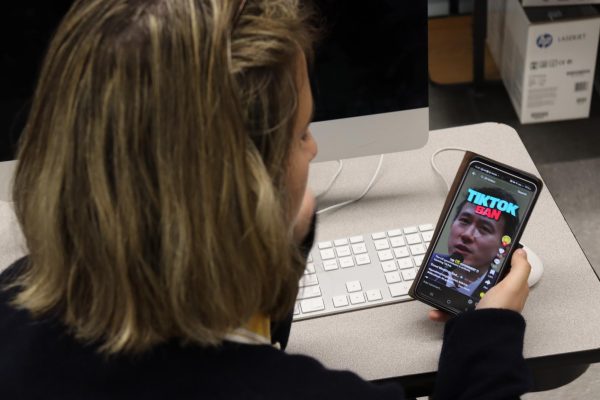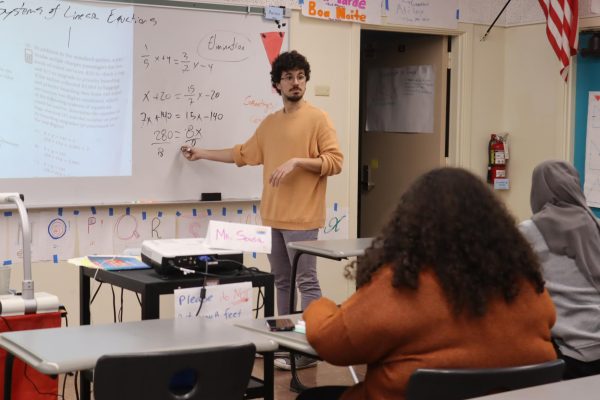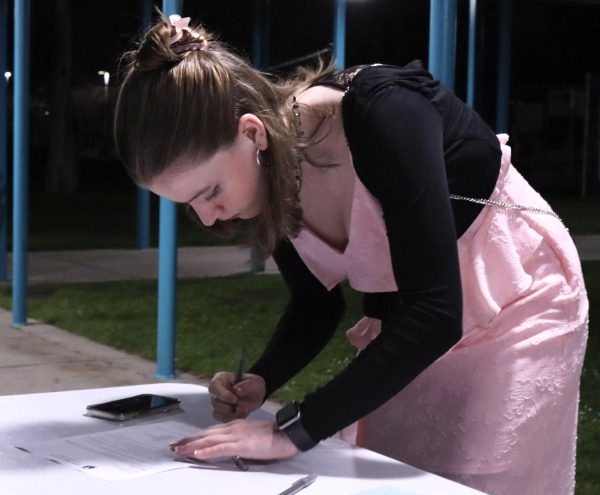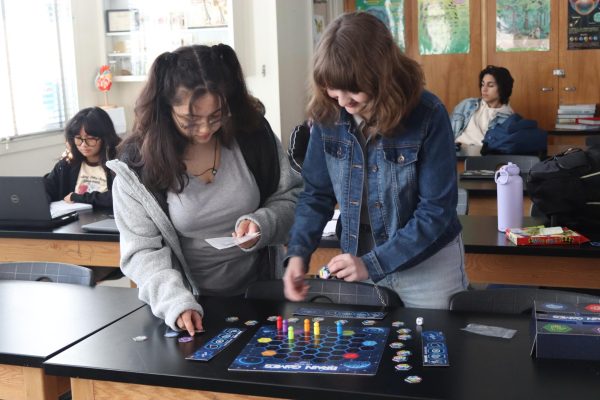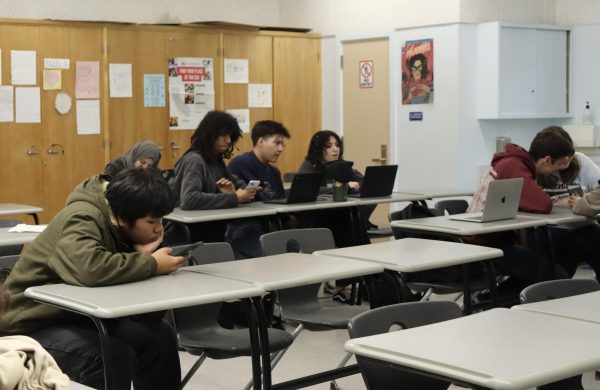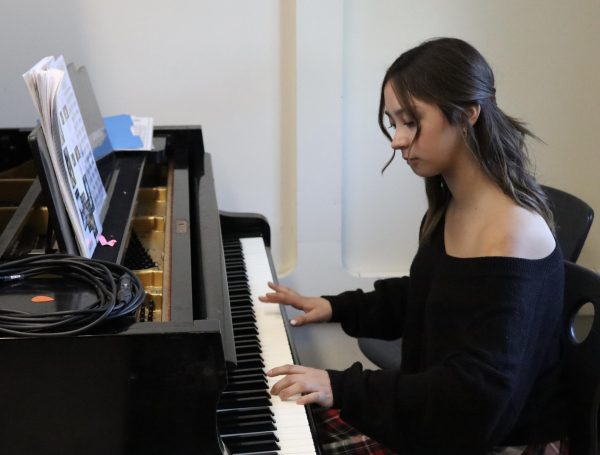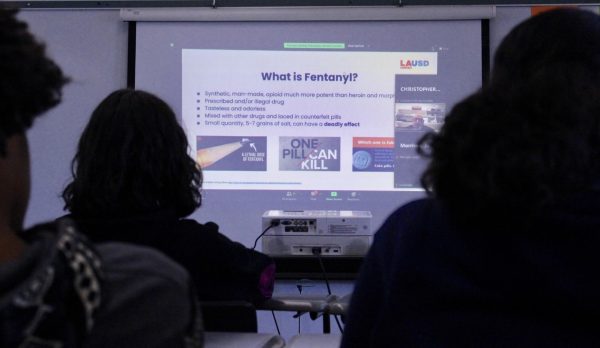6-period schedule causes overcrowding and lack of class options
September 5, 2014
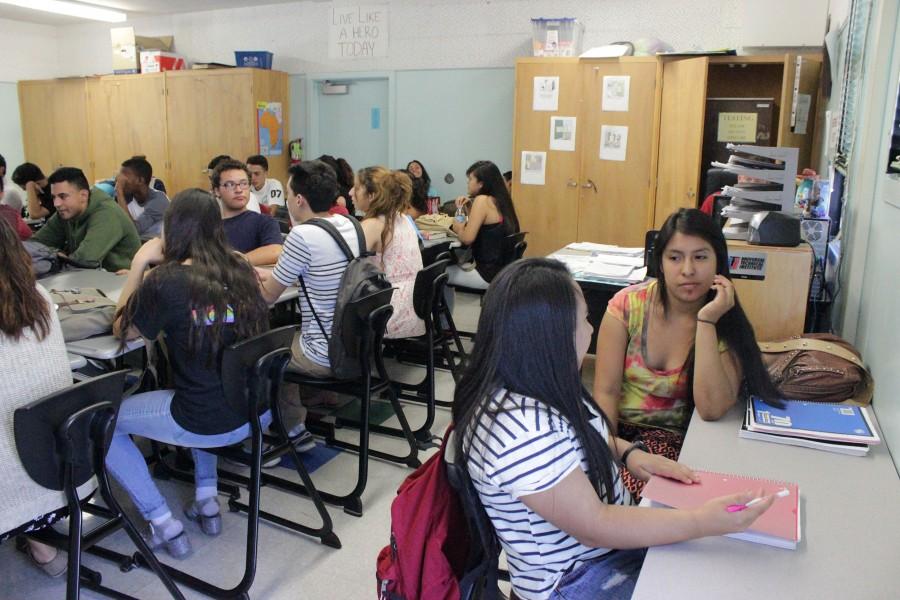
Six years ago, 320 students walked through the gates of their new school campus. This year, 416 students walked through those same gates, bringing a host of both new benefits and new problems.
“When we first started at Birmingham, this was huge,” said science teacher Stephen Schaffter, who has been teaching at DPMHS since before Birmingham become a charter school in 2009.
The transformation from a tiny magnet in a separate high school to being its own independent school has been a relatively smooth one, considering the first full class to graduate from the new campus was comprised of only 60 students. However, being a growing school has a cost. DPMHS has been able to expand some programs such as video production and the science and math departments, but scheduling problems have been a major source of frustration.
In fact, the enrollment of the 2014-2015 school year has hardly increased from last year, according to Principal Deb Smith. One of the major problems of the current school year, namely lack of class space, is due to the return to a six-period schedule which, according to school counselor Martina Torres, has led to dropping nine classes, including Spanish III.
This change has led students to feel disappointed at not having classes they requested, such as the overcrowded physiology and astronomy classes and especially the non-existent Spanish III class. In some cases, classes are so full that students such as seniors Kimberly Salazar and Maria Salazar have to sit apart from the rest of the class, or even without a desk.
“The negative thing about not having seven periods is overcrowded classes and (fewer) options for choosing classes,” said junior Tina Mehriary, who was unable to get a photography class because of .overcrowding.
Because of the larger number of students, the school is allowed to hire more staff, in proportion to the enrollment, allowing departments like math to grow. New teachers have eased the burdens on the staff allowing for an otherwise impossible astronomy and physiology classes.
“Enrollment is not a problem as long as we have teachers,” science teacher James Morrison said.
Despite the problem of a six-period schedule and the lack of classes that comes with it, the addition of new students and teachers has allowed it to gradually come into its own.
“(Progress) makes all the difference in the world,” Schaffter said.



